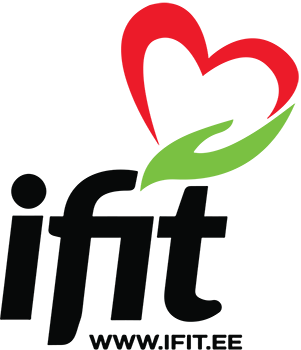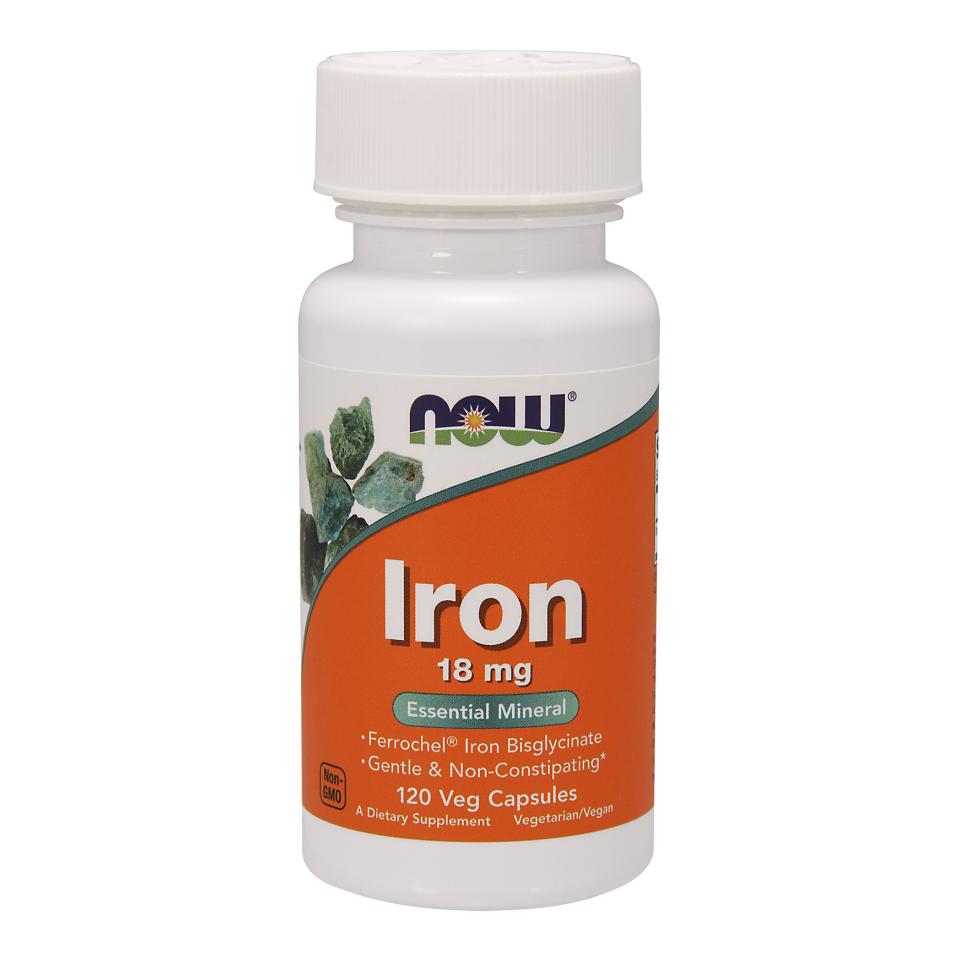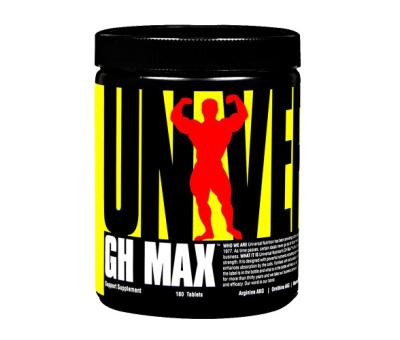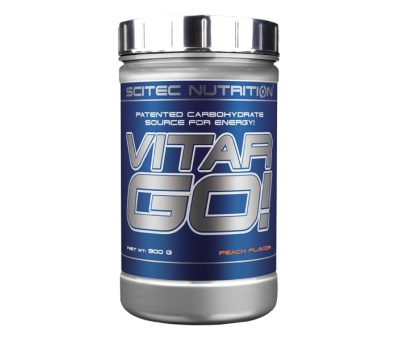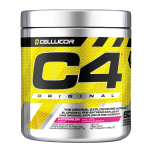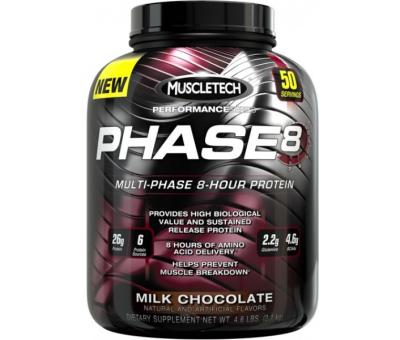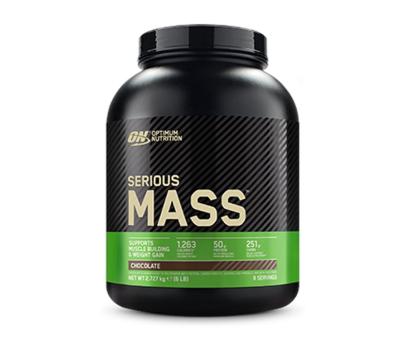Iron is present in the human body only in bound form, soluble and non-toxic. Free iron is dangerous for the human body because it is immediately oxidized into harmful substances that are difficult to dissolve in the body.
Iron is needed:
hematopoiesis, where it is used to synthesize haemo- and myoglobin. Iron plays a key role in the uptake and transport of vital oxygen in hemoglobin, i. it is involved in delivering oxygen from the lungs to the tissues,
in the composition of biomolecules involved in the production of ATP (adenosine triphosphate, which is an operative energy carrier in cells) and helps to neutralize foreign compounds that have entered the body, thereby increasing resistance to stress and disease,
to reduce fatigue and ensure normal skin color.
Iron is found in food of both animal and plant origin. In food of animal origin, e.g. 15% to 35% of the iron in the meat is absorbed by the body and in food of plant origin, e.g. The iron content of cereal products is 2-20% and is absorbed by vitamin C.
Persistent iron deficiency is the most common cause of anemia.
The composition of food affects the dietary intake of iron. The intake rate increases when the daily diet contains meat and fish and is rich in vitamin C. The intake rate is very low when eating foods (eg spinach, rhubarb) that contain oxalates, phytic acid and some other organic acids.
Iron deficiency can occur:
in case of heavy blood loss,
pregnant women,
premature or low birth weight children,
infants and young children,
teenage girls
vegetarians,
gastrointestinal diseases.
Prolonged iron overload, mainly in the form of supplements, can also be harmful to the body. Excess iron causes deep oxidative stress, which is the cause of many diseases. Adult men and postmenopausal women are at particular risk of iron overload, and it is prudent for them not to exceed their recommended iron intake on an ongoing basis.
The best sources of iron are foods of animal origin such as liver, blood sausage, egg, lean beef and pork, but also seeds, raisins, bread, whole grains, buckwheat, strawberries. Foods high in fat and sugar are usually low in iron.
Iron loss due to menstrual bleeding is very different in women. This means that some women need more iron than conventional foods provide. At an intake rate of 15%, 90% of women of childbearing potential meet the iron requirement of 15 mg / day.
In order to maintain the iron balance in the body during pregnancy, it is necessary to accumulate about 500 mg of iron at the beginning of pregnancy. In order to meet the physiological iron needs of some women during the last two trimesters of pregnancy, food alone is not enough, iron supplements are also needed.

Take 1 capsule daily with a meal.
45,00 €
28,00 €
46,00 €
